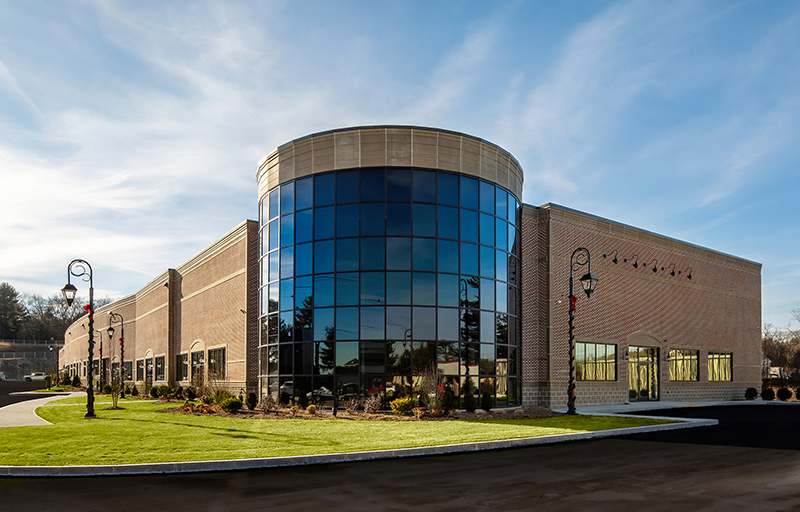Commercial real estate redevelopment and multi-tenant momentum on the North Shore - by Thaddeus Minshall

Approximately two-thirds of U.S. job growth has been driven by small businesses over the past 25 years, according to the U.S. Small Business Administration. Coupled with the COVID pandemic pointing businesses to the concept that many of their functions might take place beyond one centralized skyscraper, it is probably a safe supposition that business park settings are likely to continue increasing in popularity.
Deloitte’s 2023 commercial real estate outlook supports this prognosis. Based on a survey of 450 chief financial officers from major commercial real estate owners and investors, respondents identified downtown and suburban offices as “the most attractive risk-adjusted opportunities among property types over the next 12 to 18 months.”
Whether for Boston-satellite offices or a main location, Massachusetts’ North Shore is a very attractive suburban option to many growing companies due to several factors, including proximity to leading academic institutions, quality-of-life features (including outstanding schools, beaches, and ample opportunities for recreation, from museums to hiking trails), and a cluster of talent in rapidly expanding fields such as biotech, healthcare, and specialized manufacturing, among others. In addition, a recent U.S. News & World Report survey pointed to Mass. as having the best business climate in the United States, due in large part to the Bay State leading the nation in venture capital investment and patent creation.

Our region’s competitive advantages are many, but beyond touting these strengths, it is also important to acknowledge the reality that greenfield development is much harder to come by in our well-populated and historic area in comparison to some other sections of the U.S. Nonetheless, the outlook for commercial real estate development on the North Shore remains strong due to an array of opportunities for redevelopment.
Such opportunities exist in many places, of course, but that rapidly expanding biotech firm is typically not interested in taking up residence in an abandoned factory in the middle of nowhere when they could plant roots near talent feeders such as MIT and Harvard – and the North Shore’s upward trajectory need not be predicated on a mass exodus from Boston so much as a growing embrace of the “hub and spoke” model, with many companies eyeing the area as an alluring spoke. In that sense, the North Shore is extremely fortunate. We have already cleared the tallest hurdle: People want to live and work here. To incentivize doing so, it is up to local and regional developers to refresh stagnant locations.
One way to do so is by adopting a strategic approach to multi-tenant redevelopment. On the North Shore, multi-tenant industrial – which the National Association for Industrial and Office Parks (NAIOP) divides into flex, warehouse/distribution, and manufacturing categories – is a notably bubbling sector. Examples abound, from the bustling Cherry Hill Business Park in Beverly, home to businesses such as HighRes Biosolutions and KROHNE, to the recently-completed Stone Ridge multi-tenant industrial building in Middleton. The latter was fully leased out before construction was complete. This success story is no mystery: Most businesses are risk-averse and wary of economic uncertainty and the North Shore has proven, time and again, that it is a tried-and-true location for multi-tenant industrial businesses.
While commercial real estate development never comes with a guarantee, it is no stretch to maintain that Massachusetts’ North Shore may be as close to a safe bet as one can get, and for developers, the diversity of businesses drawn to these multi-tenant spaces comes with increased likelihood of achieving a recession-proof portfolio mix. Given our region’s track record, it is no wonder that the landscape for CRE development feels a bit like Field of Dreams: “build it and they will come.” Where to build remains a more challenging question, but a strategic survey of redevelopment targets can transform underwhelming properties on the North Shore into economic drivers in our region.
Thaddeus Minshall is vice president of real estate and development at Connolly Brothers, Inc., Beverly, Mass.
Newmark negotiates sale of 10 Liberty Sq. and 12 Post Office Sq.


Five ways to ruin a Section 1031 Like-Kind Exchange - by Bill Lopriore

How COVID-19 has impacted office leasing - by Noble Allen and John Sokul

Make PR pop by highlighting unique angles - by Stanley Hurwitz








